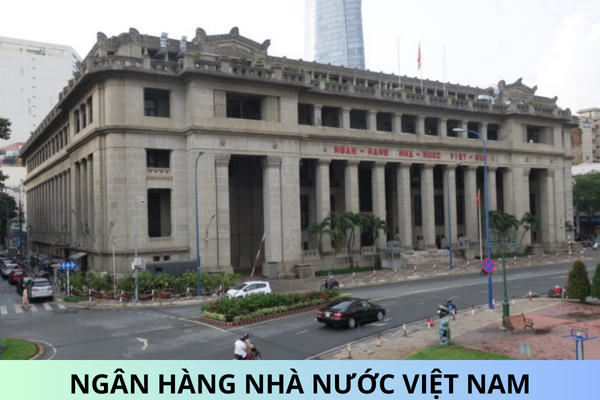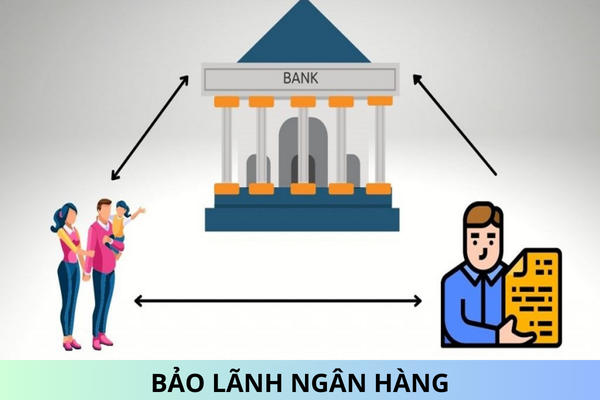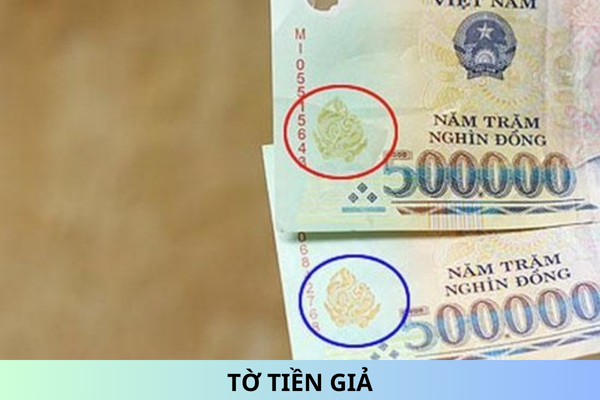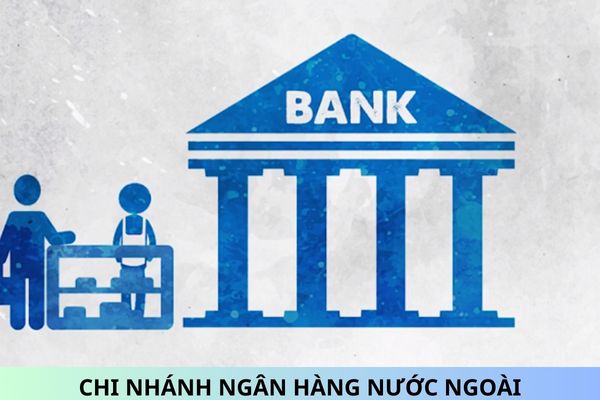Is it permissible to call relatives of debtors to collect debt in Vietnam? What are the fines for calling relatives of debtors to collect debt in Vietnam?
Is it permissible to call relatives of debtors to collect debt in Vietnam? What are the fines for calling relatives of debtors to collect debt in Vietnam?
Hello Lawnet. My brother borrowed money during the World Cup to bet on football. Therefore, my family kicked me out of the house, but the debt side could not find my brother. They kept calling to threaten my family and make us pay for my brother's debt. Is it permissible to call relatives of debtors to collect debt in Vietnam?
Thank you!
Is it permissible to call relatives of debtors to collect debt in Vietnam?
Pursuant to Clause 2 Article 7 of the Circular 43/2016/TT-NHNN (amended by Clause 9 Article 1 of the Circular 18/2019/TT-NHNN), internal rules on consumer lending shall be implemented in a consistent manner within the entire network of finance companies and address the following specific contents:
a) Lending conditions; unqualified lending demands; lending approaches; disbursement methods (including the method of direct disbursement of borrowed funds to customers); interest rates and lending interest calculation method; lending documents and other documents submitted by customers to finance companies relevant to loan characteristics, types of borrowed funds and customers; debt collection; eligibility and documentation requirements and procedures for rescheduling of debt repayment; loan delinquency status;
b) Procedures for processing, assessing, approving a loan application and deciding to extend a loan under which the maximum duration to process, assess a loan application and decide to extend a loan should be specified; delegation or assignment of rights and responsibilities for each individual or department in loan application processing, assessment, approval and grant of a loan decision and other workloads as part of the lending procedures;
c) Procedures for inspection and supervision of loan application, use and debt repayment of customers; delegation and assignment of rights and responsibilities of each individual and department for inspection and supervision of loan application, use and debt repayment of customers;
d) Requirement concerning security for loans, assessment of assets pledged as collateral for loans; management, supervision and monitoring of collateral appropriate to loan security, collateral features and customers;
dd) Actions to be taken to push customers into repaying and collect debts which are relevant to specific customers, conform to laws and exclude any threat to customers. The maximum rate of sending debt repayment reminders shall be 05 (five) a day; the method and time frame of reminding debt repayment which are agreed upon in consumer lending contracts, especially such time frame that must be between 7 (seven) and 21 (twenty one) o’clock; a ban on sending debt repayment reminders, debt repayment requests and information about debt collection to organizations or individuals that are not liable to pay debts to finance companies, unless otherwise required by competent regulatory authorities regulated by law; customer information confidentiality prescribed by law;
e) Loan termination and treatment; loan interest rate and fee exemption and reduction;
g) Rules and standards of conduct in consumer lending operations and measures to be applied to ensure strict compliance with these rules and standards;
h) In-charge department; forms of receiving, processing, and time limit for giving decisions on or responses to, complaints; duration of retention of feedbacks and complaints received from customers, organizations and individuals involved in a finance company’s consumer lending services;
i) Information technology system or database necessary for consumer lending operations; collection, update and verification of figures, management of customer's information, identification of false information and prevention of fraudulent acts for the purpose of granting a lending decision, controlling loans and recovering debts;
k) Identification of risks that may arise during the lending process; procedures for monitoring, assessing and controlling risks; risk treatment methods;
l) With respect to finance companies owning consumer credit counseling points, internal rules must contain requirements concerning procedures, authority and responsibility for establishing and closing their consumer credit counseling point; ethical standards, authority and obligations of staff working at their consumer credit counseling points; procedures for carrying out their business operations, inspection, prevention and control of fraudulent acts, prevention of risks arising from ethical behaviors of staff working at these points.
m) Specific regulations on measures to control direct disbursement of borrowed funds to customers, ensure that customers use borrowed funds for agreed-upon purposes specified in consumer lending contracts.
As regulations above, finance companies are not permissible to call to collect debts of your brother as your family doesn't have obligation to pay those debts.
What are the fines for calling relatives of debtors to collect debt in Vietnam?
Pursuant to Clasue 3 and 8, Article 102 of the Decree 15/2020/NĐ-CP stipulating as follows:
3. A fine ranging from VND 10,000,000 to VND 20,000,000 shall be imposed for the commission of one of the following violations:
a) Illegally accessing, using, disclosing, interrupting, altering or destroying information/information systems;
b) Failing to implement necessary measures for preventing the access to or removing violating information at the request of a competent authority when transmitting or leasing of space for storing digital information;
c) Failing to comply with the request of a competent authority for determination of the list of owners who lease space for storage of digital information;
d) Failing to keep confidentiality of information of organizations/individuals leasing space for storing digital information, unless the information must be provided at the request of a competent authority;
dd) Failing to implement necessary managerial/technical measures for protecting personal information from loss, theft, disclosure, change or removal when collecting, processing and using personal information of other persons in cyberspace;
e) Collecting, processing and using information of other organizations/individuals without their consent or for serving purposes other the prescribed ones;
g) Providing, exchanging, transmitting or storing and using digital information in order to threaten, disturb, distort, slander or damage the prestige, honor and dignity of other organizations or individuals;
h) Providing, exchanging, transmitting or storing and using digital information for advertising or promotion of prohibited goods/services;
i) Illegally obstructing the transmission of information online, intervening, accessing, damaging, removing, altering, duplicating and falsifying information in cyberspace;
k) Failing to monitor or supervise digital information of other organizations/individuals at the request of a competent authority;
l) Failing to cooperate in investigation of violations against the law in course of transmission or storage of digital information of other organizations/individuals at the request of a competent authority;
m) Disclosing information classified as state secrets, personal and family secrets if not liable to criminal prosecution;
n) Impersonating other organizations/individuals and disseminating fake or false information which infringes upon legitimate rights and benefits of other organizations/individuals;
o) Appropriating another person’s mails, telegraphs, telex, faxes or other documents which are transmitted in cyberspace in any forms;
p) Deliberately obtaining information/contents of another person’s mails, telegraphs, telex, faxes or other documents which are transmitted in cyberspace;
q) Listening or recording conversations against the law;
r) Confiscating mails or telegraphs against the law.
8. Additional penalties:
a) The license to establish social networking site shall be suspended for a fixed period of 22 - 24 months in case of commission of any of the violations in Clauses 5, 6 and 7 of this Article;
b) The exhibits and instrumentalities used for committing any of the violations in Points b, g, h and q Clause 3, Point a Clause 4 and Clause 7 of this Article shall be confiscated.
Pursuant to Clasue 3 Article 4 of the Decree 15/2020/NĐ-CP stipulating as follows:
3. The fines prescribed in Chapter II to Chapter VII hereof are imposed for administrative violations committed by organizations, except the administrative violations mentioned in Article 106 hereof. The fine imposed on an individual shall be half the one imposed on an organization for committing the same violation.
As regulations above, a fine ranging from VND 10,000,000 to VND 20,000,000 shall be imposed on finance companies for calling relatives of debtors to collect debt in Vietnam. The exhibits and instrumentalities used for committing any of the violations shall be confiscated.
The fine for individuals shall be from VND 5,000,000 to VND 10,000,000.
What are lending methods of finance companies in Vietnam?
Pursuant to Article 8 of the Circular 43/2016/TT-NHNN stipulating as follows:
Finance companies shall agree with customers on application of the following consumer lending methods:
1. One-shot loan: The finance company and its customer implement lending procedures and conclude a consumer loan contract in each time when a loan is needed.
2. Line of credit loan: The finance company defines and agrees with its customer on the maximum outstanding balance of a loan which is maintained in a set period of time. Within a credit line, the finance company offers a one-shot loan. At least once a year, the finance company reviews and redefines the maximum outstanding balance of a loan and the period of time for maintenance thereof as appropriate to the customer’s financial capability.
Above are lending methods of finance companies in Vietnam.
Best regards!











